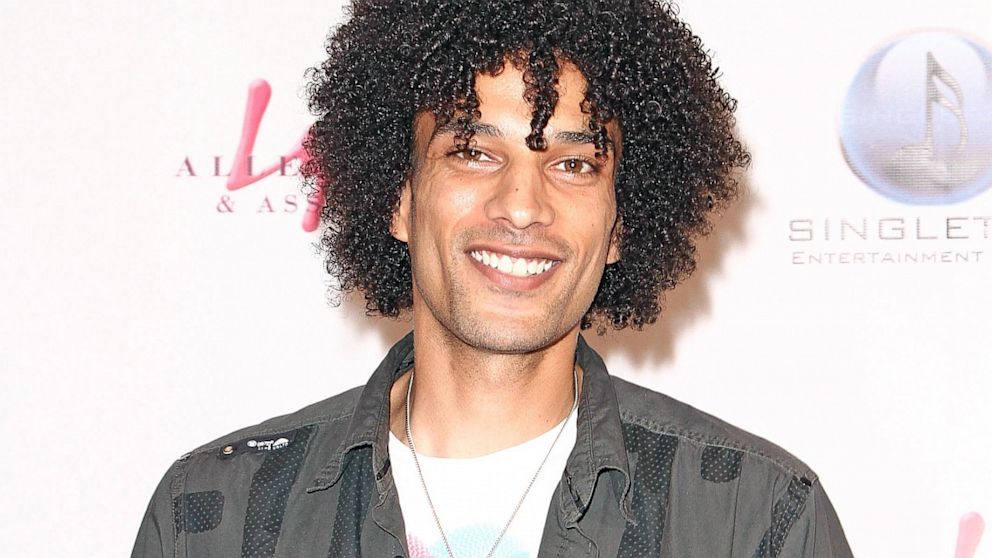'American Idol' Discrimination Suit Moves Forward
Plaintiffs have to prove they were 'Idol' employees.

Sept. 23, 2013— -- As "American Idol" begins its 13th season with a new judges' panel, new producers and a whole new slew of hopefuls, the show's business practices are under scrutiny as a discrimination lawsuit filed by 10 black former contestants continues to wind its way to court.
The plaintiffs, all of whom were disqualified from the show over six seasons for reasons other than singing -- including criminal history -- were recently issued notices of "right to sue" by the Equal Employment Opportunity Commission, allowing the 429-page lawsuit they filed in July to move forward.
In response, "American Idol," FOX and the show's production company, 19 Entertainment, have switched from employment attorney Jonathan Sulds, who represented them before the EEOC, to Daniel Petrocelli, the trial attorney who successfully sued O.J. Simpson on behalf of Ron Goldman's family.
Petrocelli declined to comment for this story.
The lawsuit argues that producers over the course of 10 years have practiced a pattern of racial discrimination that stems from using black male contestants' arrest history against them. The suit points out that 31 percent of all "American Idol" semi-finalists who were black males were disqualified for reasons "unrelated to their singing talent." Moreover, the lawsuit adds that, over the course of 10 years, "there has never been a single white (or non-black) contestant disqualified from 'American Idol' -- not ever."
'American Idol' Double Standard?
FOX and the show's producers have denied any discrimination, pointing out that 33 percent of, or four out of the past 12, winners, including last year's Candice Glover, have been black or biracial.
In their May response to the EEOC obtained by ABC News, "Idol" producers say there is no evidence that "the particular disqualification of these specific individuals (the plaintiffs) had anything to do with their race."
But the plaintiffs have cleared the first hurdle -- all employee discrimination claims must first go through the EEOC -- in pursuing their case. Because more than five months had passed since the plaintiffs first filed charges of racial discrimination with the EEOC in January, the government commission automatically issued the right-to-sue letters, allowing the plaintiffs to pursue the lawsuit in court.
In order to prove that the show discriminated against the young men after asking about their arrest history, the plaintiffs must first prove that they were employees of the show, since asking an employee or employee applicant about previous arrests -- and not convictions -- is a violation of California law.
"American Idol" has repeatedly denied that the plaintiffs were employees.
In its May response to the EEOC, producers maintained that the plaintiffs were "contestants on a reality singing competition, not employees under Title VII." (Title VII of the 1964 Civil Rights Act protects individuals against employment discrimination on the bases of race and color, as well as national origin, sex and religion.)
ABC News has obtained documents of one of the plaintiffs, Corey Clark, which refer to him as an "employee," as well as paystubs that show he was paid wages in line with the television union's contract with the show.
Among the forms signed by Clark, the only one of the 10 plaintiffs to make it to the top 10 finalists round, were an I-9 employee eligibility verification form, an employment deal memo listing him as a principal performer and an American Idol Productions, Inc., "Production Personnel Deal Memo" that continually refers to Clark as the "employee."
Click here to see the documents




